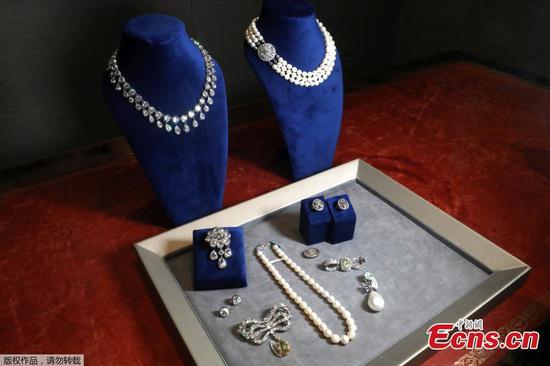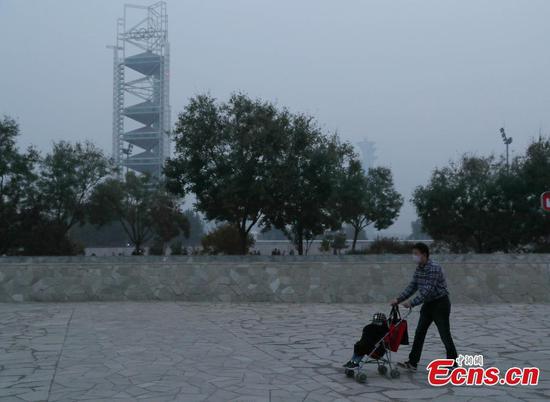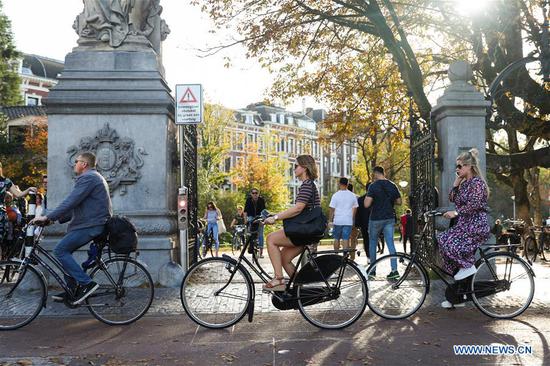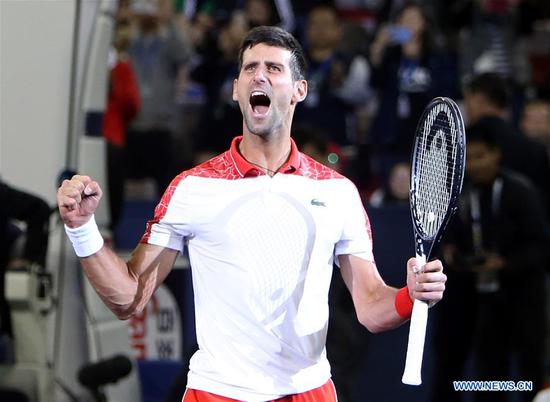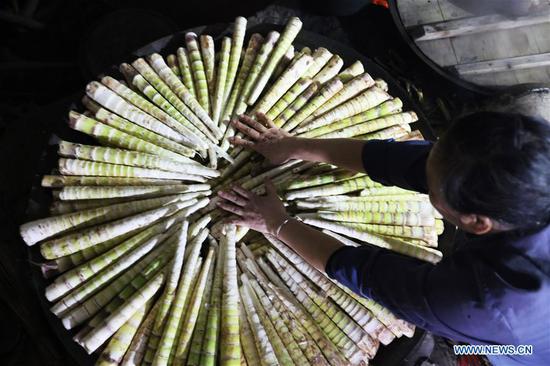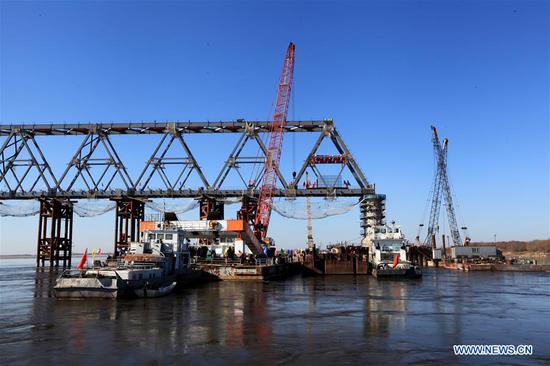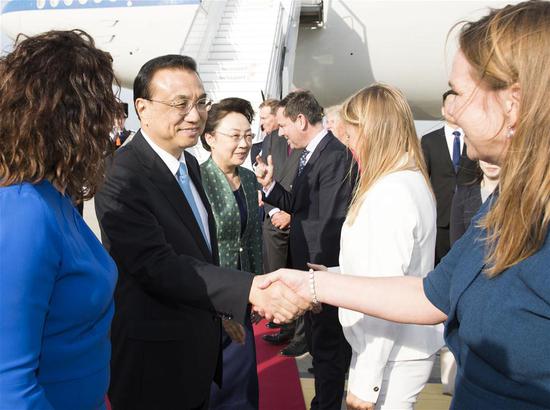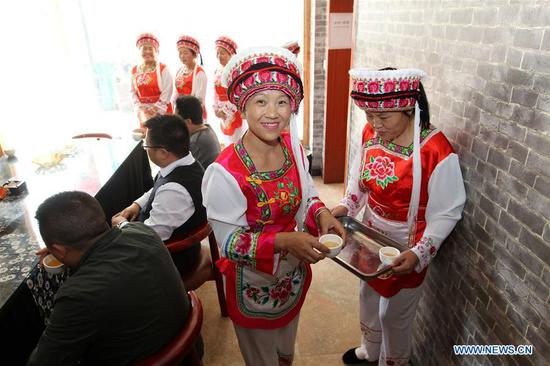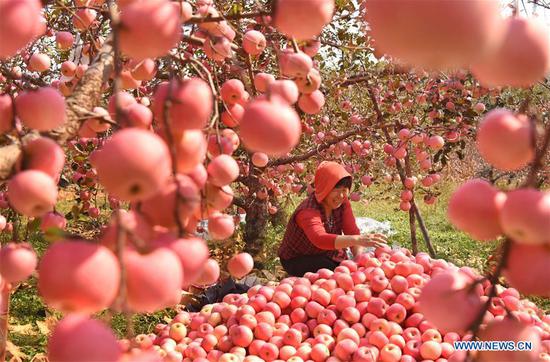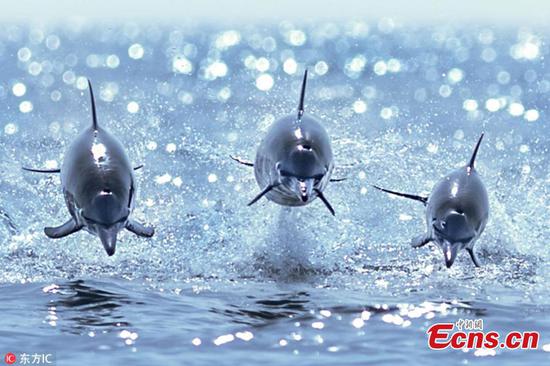PBOC chief says tensions could bring downside risks to global economy
China is seeking constructive solutions to Sino-U.S. trade tensions for the benefit of the global economy and has no interest in depreciating its currency as a tool, said central bank governor Yi Gang.
"We have considerable space for using monetary policy tools, including interest rates and reserve requirement ratios. These tools are available to deal with uncertainties," said Yi, the governor of the People's Bank of China, when he attended the annual International Banking Seminar of the Group of Thirty on Sunday in Bali, Indonesia.
"As the U.S. Federal Reserve is on a way of interest rate hikes, the current interest rate level in China is appropriate," he said, as further Fed rate hikes may underpin the dollar's strength and increase capital outflow pressures on emerging market economies.
The central bank governor warned that trade tensions could bring downside risks to the global economy in terms of negative expectations and uncertainties, putting pressure on market sentiment.
"The whole world should work together to find constructive solutions," Yi added, stressing that trade tension between the world's two biggest economies was a "lose-lose" situation.
As part of the impact of trade friction this year, China's current-account surplus may drop to less than 1 percent of GDP, a record low after it peaked in 2007, accounting for 10 percent of GDP, Yi predicted.
The current account showed a deficit by the end of June.
China's major economic indicators, as the governor forecast, will achieve their annual targets, as growth momentum has been stabilized despite external headwinds amid global trade tensions.
The whole-year GDP growth rate is likely to reach 6.5 percent or even higher, with headline inflation slightly higher than 2 percent, he said.
Tariffs imposed on exported goods from China will influence corporations depending on their ownership, said Yi.
"The exported goods produced by foreign companies take the largest proportion, at about 45 percent, following by private companies. Exports from the State-owned companies only account for 10 percent."
"China will continue to let the market play a decisive role in the formation of the renminbi exchange rate," Yi said in a statement to the International Monetary and Financial Committee.
"We will not engage in competitive devaluation, and will not use the exchange rate as a tool to deal with trade frictions."
During the International Monetary Fund and World Bank annual meetings in Bali, Yi met with U.S. Treasury Secretary Steve Mnuchin, and described the talks as "productive".
After the meetings of the International Monetary and Financial Committee in Bali, a communique was issued over the weekend, in which member countries agreed to discuss ways to improve the World Trade Organization and better address trade disputes.
"We acknowledge that free, fair, and mutually beneficial goods and services trade and investment are key engines for growth and job creation," said the communique. "We will refrain from competitive devaluations and will not target our exchange rates for competitive purposes."


















